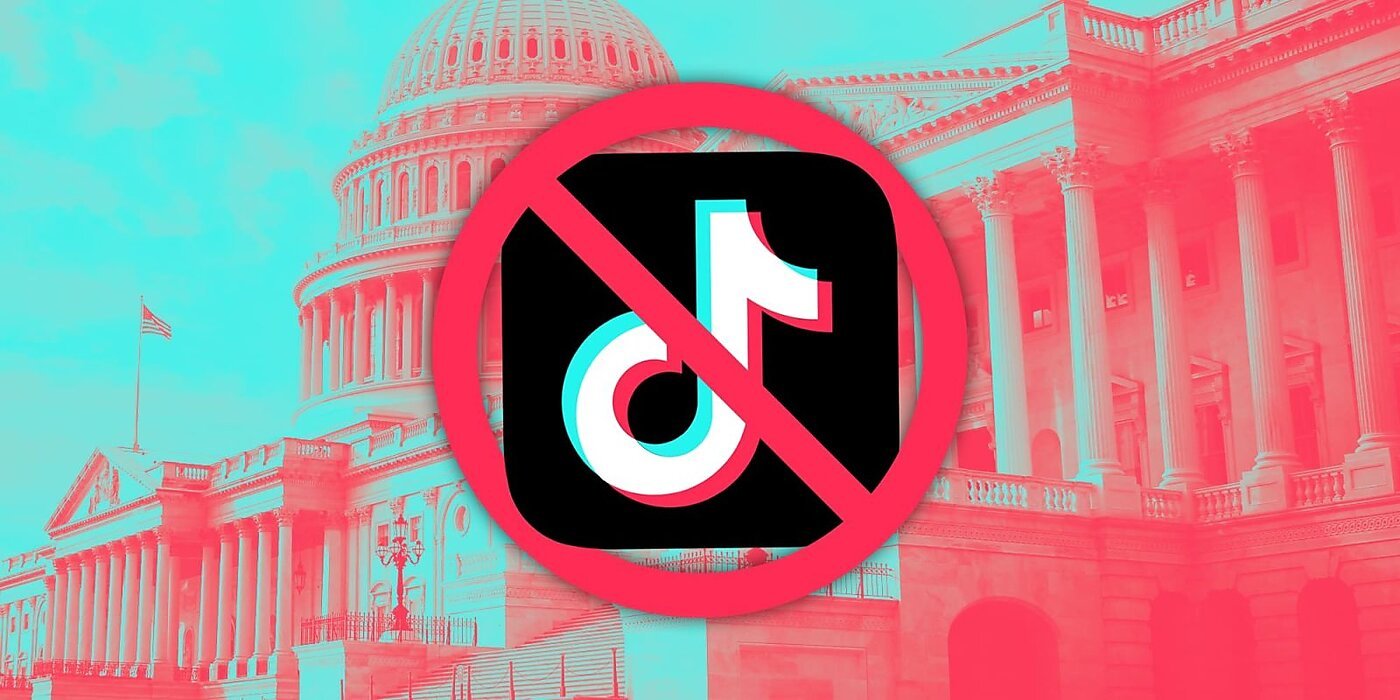Should the United States Ban TikTok Unless Its Parent Company ByteDance Divests From It?
Image via Cato Institute
Patrick McFarland (SCS): If U.S. businesses aren't allowed to do business in China, then they shouldn't be allowed to do it here. While TikTok isn't a major threat to our national security, it is a threat to our nation’s mental health. However, I do fear the legislation for this could turn into another Patriot Act, so the wording of the bill needs to be meticulously scrutinized. I will gladly sit on the fence for this battle as the concerns from both sides are legitimate.
Dhruv Shah (SFS ‘26): Yes. Just based on how TikTok has used its app to get a bunch of kids and teenagers to call their Representatives, it is clear that it has way too much power and influence on our youth. If China doesn’t allow American social media companies to operate there, I don’t see why we should allow theirs to operate here. I understand that there are free speech concerns, but those do not outweigh the national security risks.
Raghav Akula (SFS ‘27): Yes. I’ve heard from many people that TikTok might be an important way to stay connected with people and remain social, but our generation has definitely succeeded in being social well before TikTok was on the marketplace, and there are many alternative apps that can do the job just as well. I’ve seen testimony that the feed for children in China is markedly different than in the U.S., and it is an eerie notion that these algorithmic differences might be deliberate. It seems unnecessary for a social media app to have such strong connections to an adversarial foreign government.
Catherine Hughes (SFS ‘27): As someone who wastes a lot of time on TikTok, I can say that a ban would improve my productivity. I don’t know how I feel about Congress banning the app and whether it truly will better protect the data of Americans, but I also believe concerns about this limiting free speech are a little overblown considering the huge market of social media sites at our fingertips.
Madison Lilly (CAS ‘27): Yes. The risk of ByteDance sharing sensitive information about its users with foreign governments poses too great a potential threat to U.S. national security if it were not banned. Considering that many of the app’s users are children and teenagers, the app is even more dangerous because the risk of information sharing would be against minors. TikTok represents an instance where national security and safety concerns outweigh upholding free speech.
Dylan Partner (COL ‘25): Americans have legitimate reason to be concerned with TikTok: it’s incredibly addictive, efficient at spreading misinformation, and aids political polarization; I say this as a frequent user myself. However, this is distinct from the potential of the app to be a national security risk, which I’m not certain has been conclusively demonstrated as an actuality rather than a hypothetical. Policymakers should only intervene if there is already demonstrable evidence of the app’s weaponization, rather than mere speculation. Addressing the algorithmic harms of the app is a separate question.
Alessia Coluccio (CAS’26): I do not believe ByteDance divestment should be a contingency for which the app is used in the United States. While I do agree that TikTok is addictive and causes echo chambers of disinformation, I believe the same can be seen on all forms of social media platforms. The type of user data collected by ByteDance via TikTok does not pose a threat to national security; therefore, it is a user’s personal decision if they want to continue to use the app socially and for entertainment.
Writers’ Room is a new addition to On the Record, where the staff of OTR responds to a question in under 100 words with whatever their takes are on the issue.

